Those little numbers can make a huge difference for whatever reason you’re trying to get credit, such as for a new car or the keys to a shiny new home. But have you ever wondered how your state stacks up? Today, we’re looking at nine states with the best credit scores and nine with the worst.
Minnesota

This data comes from a Business Insider report. Minnesota is at the top of the list with an average FICO score of 742, and you might be wondering why it has such a high score. People here are responsible for budgeting, and the state has a strong economy that keeps things steady. This means most folks here are pretty good at paying bills on time.
Vermont
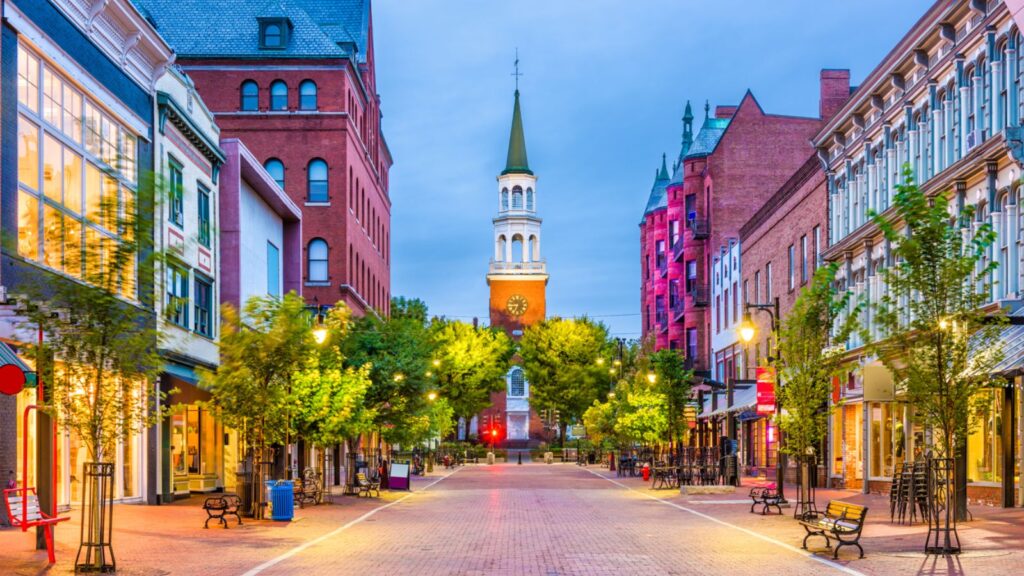
Tiny Vermont might be famous for its maple syrup, but it’s also sweet in the credit score department, with an average of 737. This comes from having some of the lowest unemployment rates around. As such, more people here regularly earn and pay their debts without any problems.
Wisconsin

Wisconsin also has a pretty good average credit score of 737. Like cheese curds and Packers games, being sensible with money is pretty common in this state. Most residents here usually live within their means, which keeps their credit scores looking good, especially compared to other states.
New Hampshire
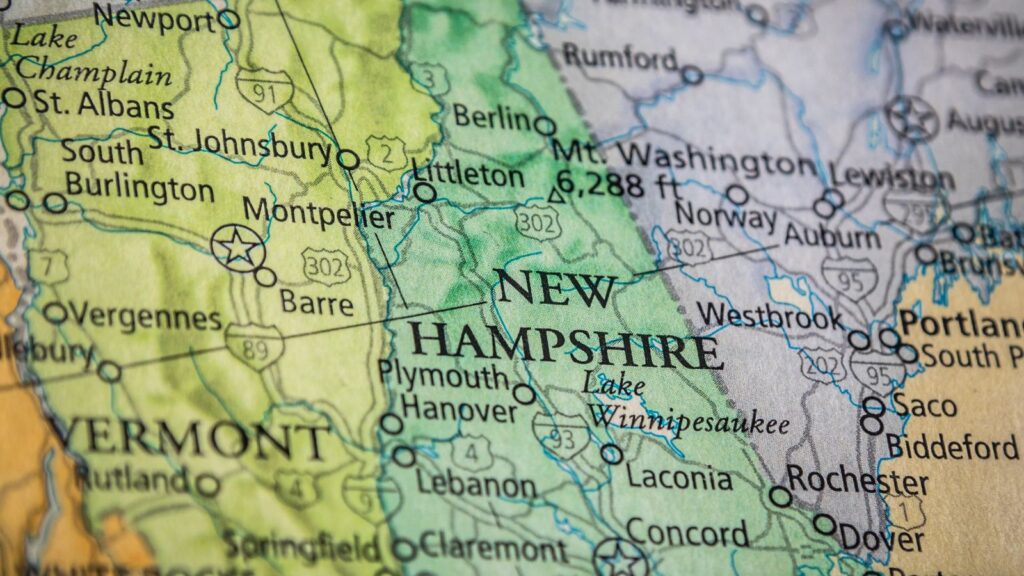
In New Hampshire, people enjoy an average score of 736. The state has low taxes, meaning they have a bit more cash to manage. With more money in their pockets, they have fewer problems with debt and better credit scores, which is a pretty sweet deal! The views in this state aren’t too bad, either!
Washington

Washington state has an average credit score of 735, which shows that the tech boom helps more than just the computer companies. It has helped the whole area’s economy by allowing people to manage their finances smartly, naturally improving their credit scores. The state’s culture of financial literacy also helps residents avoid debt traps.
South Dakota
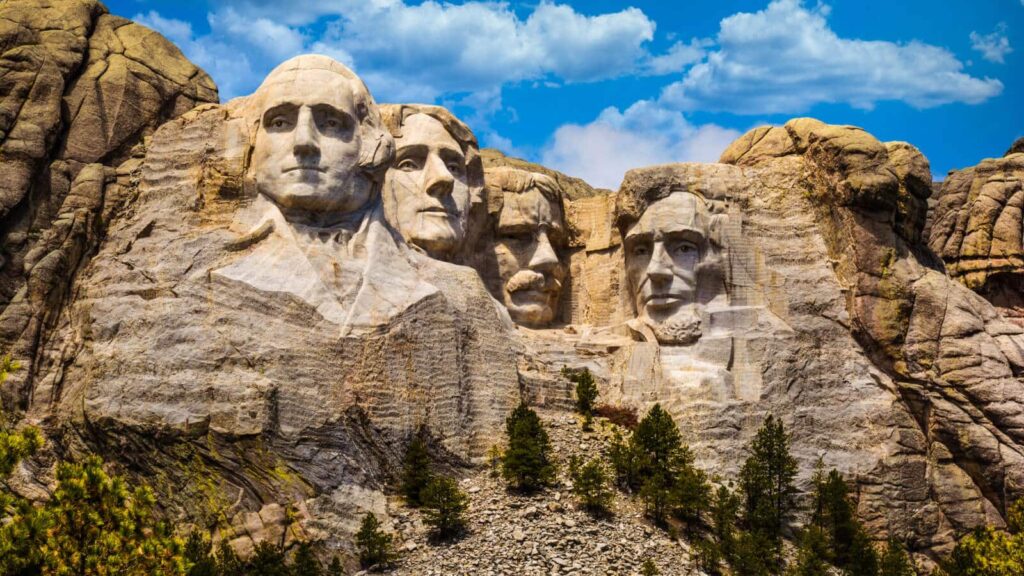
With an average credit score of 734, South Dakota shows us how it’s done. Thanks to the successful agricultural industry, people’s finances in this state are just as rock-solid as Mount Rushmore. Their spending habits are also quite conservative, which further supports their financial health.
North Dakota
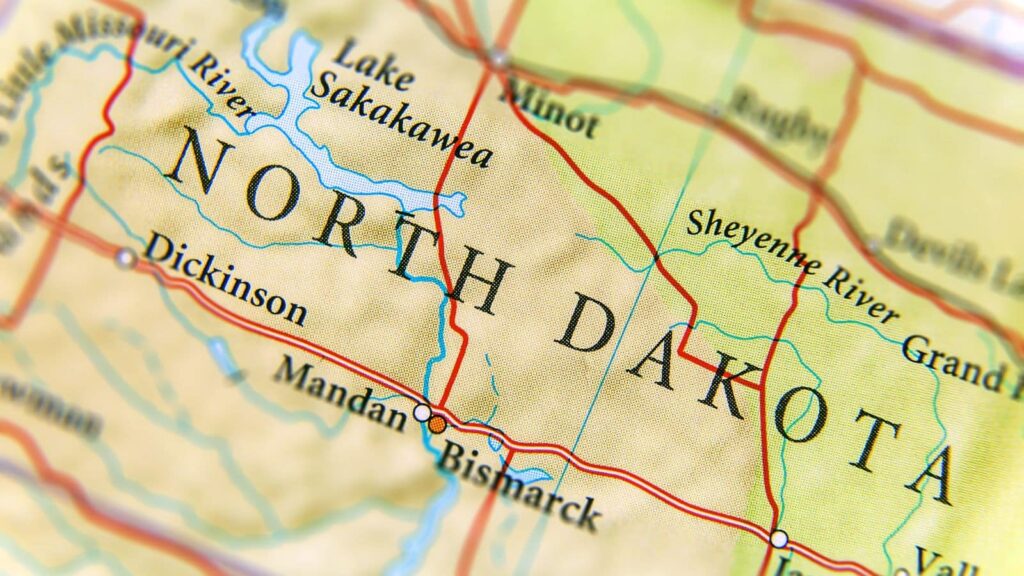
North Dakota’s average credit score is 733, supported largely by the energy companies here. Higher incomes from oil and gas mean people here have got the cash to cover their bills on time, pushing up those credit ratings. It’s a pretty stable place for both financial planning and debt management.
Hawaii

Hawaii is a pure paradise, thanks to its beaches and high average credit score of 732. Even with the high cost of living, Hawaiians are pretty smart with their finances since they’ve managed to keep their credit scores looking pretty good. The state’s focus on financial education and proactive credit management helps residents deal with the expensive local economy.
Montana and Oregon

Both Montana and Oregon have average scores of 732. Many people love these states for their stunning landscapes, but perhaps we should admire their financial management skills, too. People here manage their debt well, and the local economy supports good financial habits. The low population density doesn’t hurt either.
Mississippi
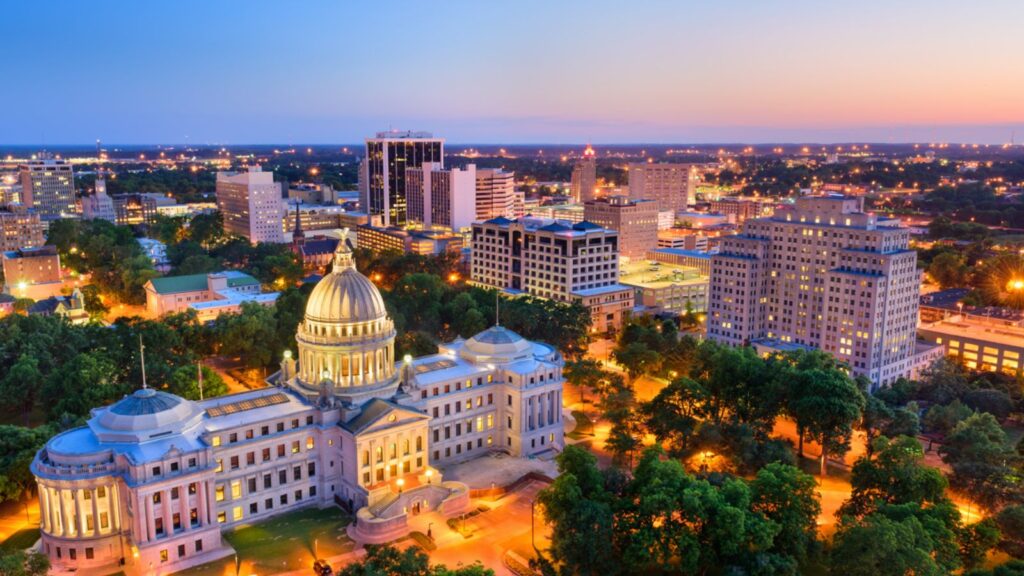
Mississippi, with the lowest average score at 680, is at the bottom of the list. The state has struggled with economic challenges for a while, so many people can’t keep up with their financial demands. Efforts to improve financial literacy and economic conditions here are important if they want to increase these scores in the future.
Louisiana

Even with its rich culture, Louisiana suffers from high unemployment rates, which make it hard for many people to stay on top of their finances. The state has an average credit score of 690, and it’s clear there’s a need to improve job opportunities. Although unemployment rates are decreasing, the state needs to help residents manage debt effectively.
Alabama
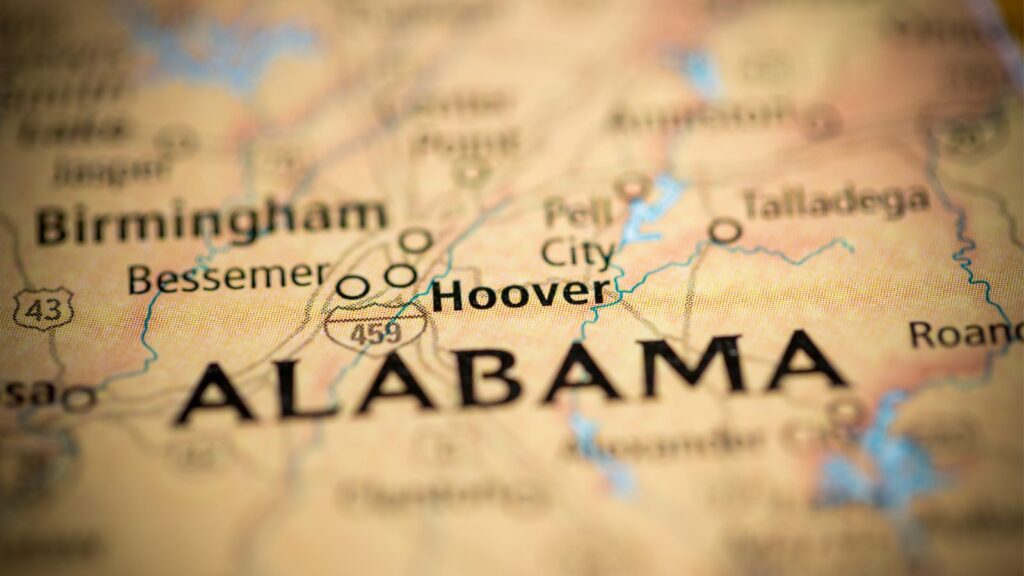
The average credit score in Alabama is 692, showing just how much they need financial education. Lower incomes and high debts mean that it’s difficult for so many people to make money, which is why they have so much debt. Of course, the state has begun programs to improve economic development and financial education, but only time will tell if these work.
Georgia and Texas
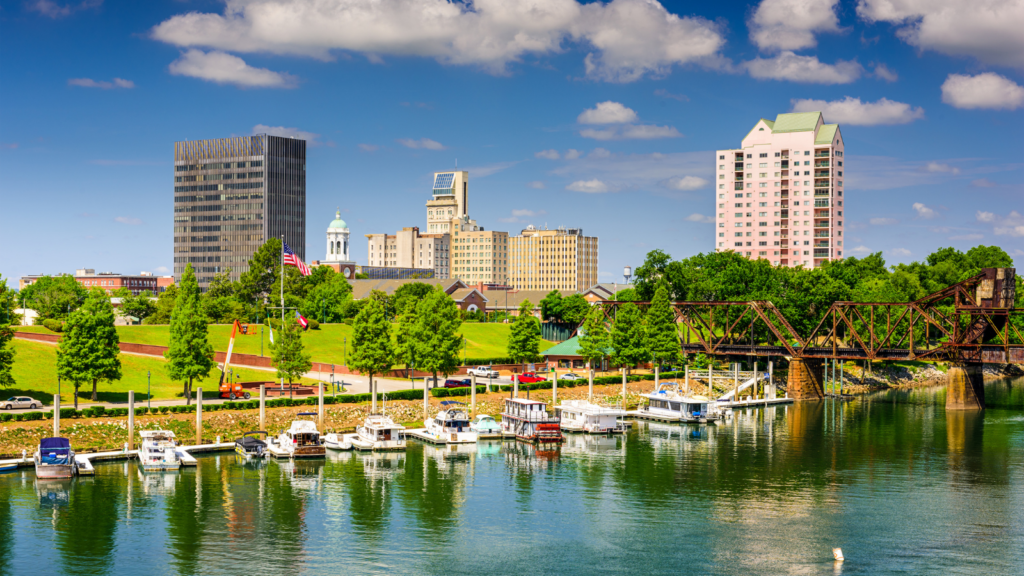
Both Georgia and Texas struggle with an average credit score of 695. These big states face big income gaps and high levels of debt, which can make managing credit a real rodeo. Perhaps by adopting more programs focused on economic balancing and debt management education, they can help residents successfully manage their finances.
Oklahoma

Oklahoma’s average credit score of 696 isn’t something to celebrate, and it’s mostly due to poor income levels. When people have small paychecks, it gets harder to keep up with bills and loans. Oklahoma could really do with better economic planning and support for people trying to improve their financial situation.
Arkansas
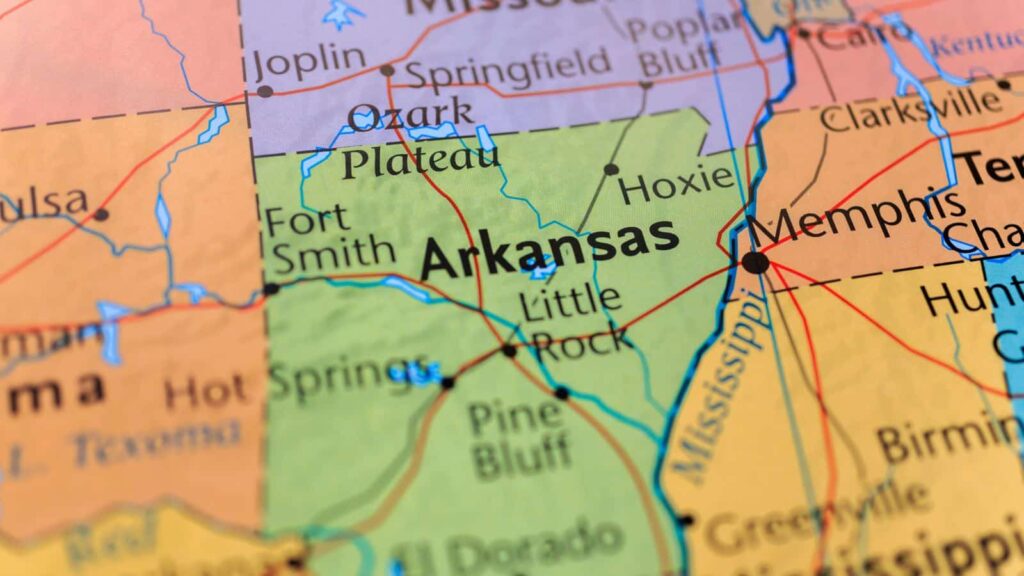
With an average credit score of 696, Arkansas faces some real financial challenges. Many Arkansans have lower incomes and high poverty rates, which makes managing money a steep uphill battle. To improve residents’ credit scores, the local government desperately needs to teach them better financial management skills.
South Carolina
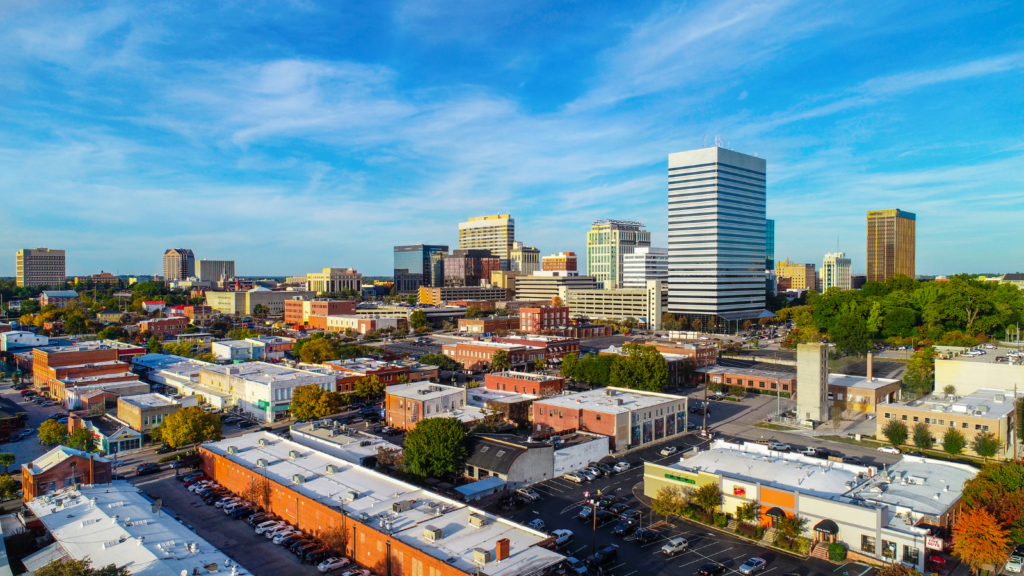
South Carolina has an average credit score of 699, which causes real financial stress. High debt-to-income ratios are causing serious problems for the people here, making it hard for them to improve their financial habits. The state could increase access to financial help to make a big difference in improving those credit scores.
Nevada and New Mexico
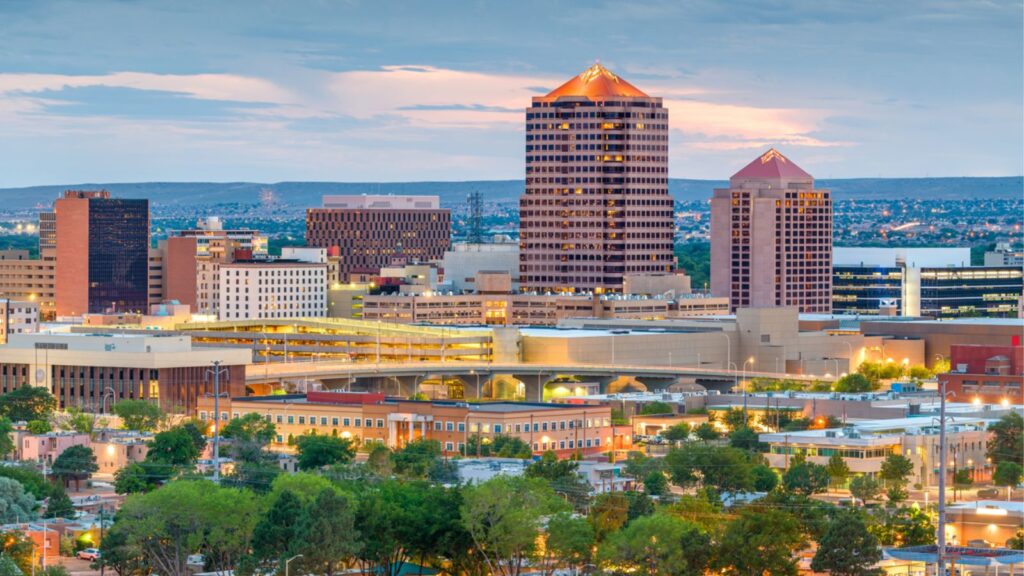
Nevada and New Mexico are both treading water, with average credit scores of around 702. These states struggle with high unemployment and generally low incomes, making it tough for many people to keep their credit in good shape. More high-paying job opportunities might just be the way out of this situation.
West Virginia
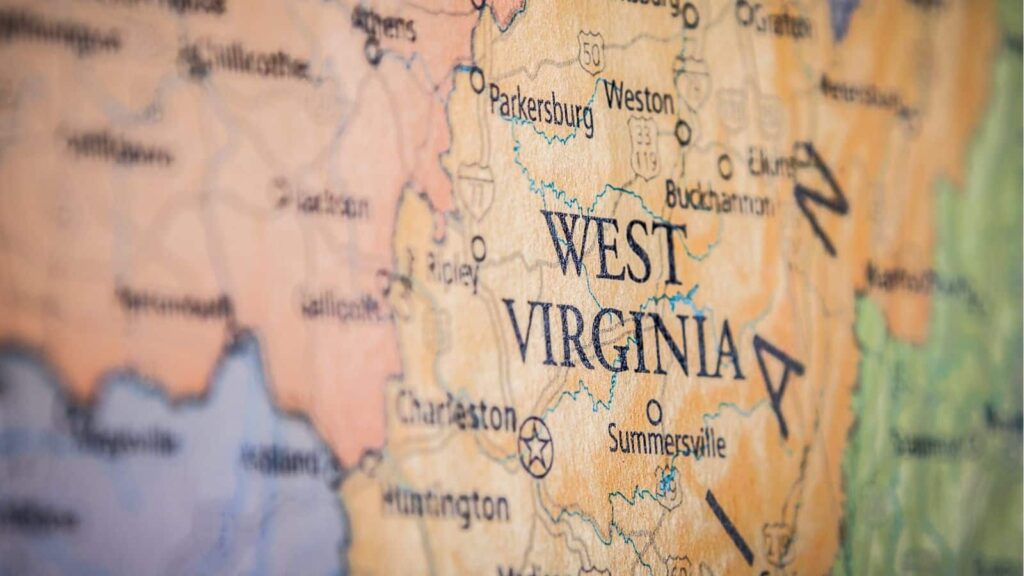
West Virginia’s average credit score is 703, which is mostly due to its lagging coal industry. The state is trying to overcome these economic problems, although how people handle their finances here needs improving, too. Thankfully, as new industries appear in the state, there’s hope for the future.
19 Grim Realities of Dating After 50 That Are Often Overlooked

19 Grim Realities of Dating After 50 That Are Often Overlooked
26 Things That Will Be Extinct Because Millennials Refuse to Buy Them

26 Things That Will Be Extinct Because Millennials Refuse to Buy Them
24 Outdated Slang Terms You Absolutely Shouldn’t Be Using Anymore

24 Outdated Slang Terms You Absolutely Shouldn’t Be Using Anymore
25 Hardest Parts About Getting Older That No One Ever Talks About

25 Hardest Parts About Getting Older That No One Ever Talks About






